What Are The Side Effects Of Fennel Seeds?
Save yourself from allergies and other issues caused by overconsumption of this herb.
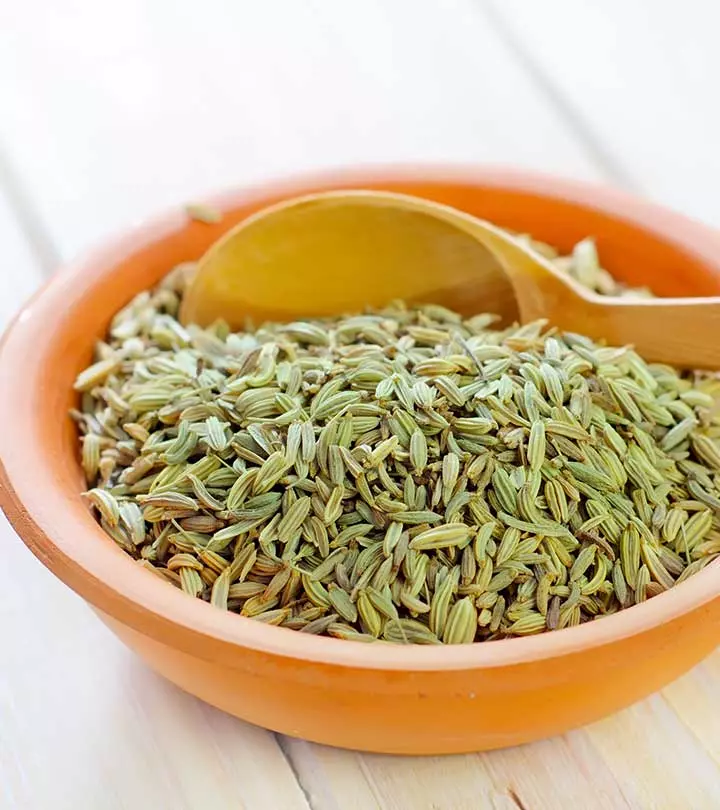
Image: Shutterstock
You may have heard that chewing fennel seeds can improve your digestion. Eating fennel (a perennial herb native to the Mediterranean region) seeds in moderation has a multitude of benefits. But what happens when you eat them in excess amounts? Are there any side effects of fennel seeds?
When you eat the recommended dose of fennel seeds, they are quite safe. But their overconsumption can cause phytophotodermatitis, premature thelarche, contact dermatitis, and /or an allergic reaction. Read on to find out the side effects of fennel seeds!
 Know The Flip Side: Fennel Seeds
Know The Flip Side: Fennel SeedsShort-Term Effects
Chest and throat tightness, labored breathing, nausea, vomiting, rashes, and irregular menstruation.
Long-Term Effects
Premature breast development and the onset of skin conditions like contact dermatitis and phytophotodermatitis.
Drug Interactions
May interact with anticoagulant, antibiotic, and antiplatelet drugs.
When To See A Doctor
If you see allergic reactions like skin rashes, hives, shortness of breath nausea, and vomiting or experience seizures and disturbed bowel movements.
In This Article
Fennel Seeds Side Effects
- May Cause Phytophotodermatitis
- May Interact With Drugs
- May Cause Thelarche
- May Cause Contact Dermatitis
- May Cause Allergy
- May Stimulate The Uterus
- May Inhibit Drug-Metabolizing Enzymes
- May Significantly Lower Blood Sugar
- May Cause Weight Gain
- Other Toxicities
1. May Cause Phytophotodermatitis
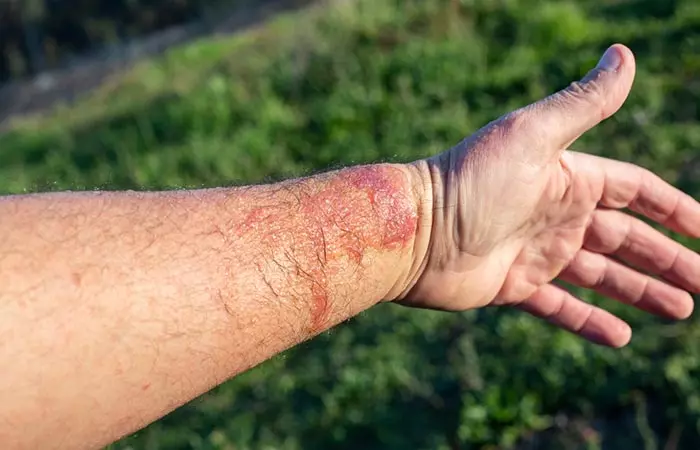
Fennel seeds contain phototoxic compounds called psoralens. When the skin comes in contact with these compounds, and this is followed by exposure to sunlight, it results in the formation of blister-like patches and inflammation on your skin. This condition is called phytophotodermatitis (1). Other symptoms of phytophotodermatitis include pain and redness, and, in some extreme cases, chills, fever, dizziness, and headache.
 Quick Tip
Quick Tip2. May Interact With Drugs

If you are under medication for seizure disorders or epilepsy, fennel seeds are a big no. The seeds interact with the functioning of the drug and may aggravate the situation (3).
3. May Cause Premature Thelarche
Thelarche is a condition that marks the start of breast development in women at the beginning of puberty.
Fennel can cause premature thelarche.
In a study, consumption of two to three teaspoons of fennel tea every day had led to breast development in a 12-month-old girl (4). The breast development regressed and became normal by the end of one year after stopping fennel consumption.
4. May Cause Contact Dermatitis

Contact dermatitis is a skin condition, the symptoms of which include skin inflammation and an outburst of blisters. Fennel seed oil is known to cause contact dermatitis and other cross-reactions (5).
5. May Cause Allergy

Fennel seeds can cause allergies. Mostly, people with pre-existing allergies are vulnerable to allergies caused by fennel (6). Abdominal cramps and wheezing are the other symptoms of allergic reactions.
 Quick Tip
Quick Tip6. May Stimulate The Uterus
One of the most talked-about fennel seeds’ side effects is that they stimulate the uterus and also cause menstrual irregularities
(7). Fennel seeds should not be consumed by pregnant women as the seeds can stimulate uterine contractions and cause premature delivery.
7. May Inhibit Drug-Metabolizing Enzymes
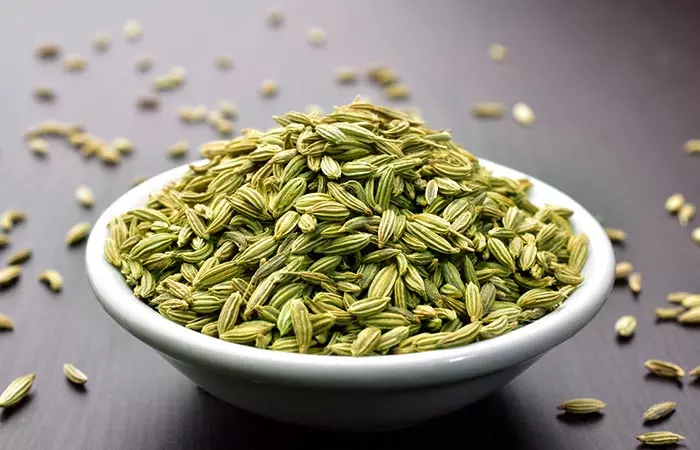
A constituent of fennel seeds is known to inhibit a drug-metabolizing enzyme called cytochrome P450 3A4 (8). This reduces the effectiveness of medications that are metabolized by these enzymes. Hence, not consuming fennel seeds while under such medication is the best option.
8. May Significantly Lower Blood Sugar Level
Fennel seeds may help lower blood sugar levels as they can enhance insulin sensitivity and reduce glucose absorption in the intestines. They contain flavonoids and polyphenols that possess antioxidant and anti-diabetic properties (9). However, while consuming fennel seeds as part of a balanced diet may contribute to better glycemic control, they should not be considered the sole treatment for diabetes (10). You should especially avoid consuming them if you are already on diabetes medication to control hyperglycemia (high blood glucose) as it can cause your blood sugar to drop to a dangerously low level. Consult a healthcare professional for comprehensive diabetes management.
9. May Cause Weight Gain
Fennel seeds are generally said to support weight management as they are low in calories, aid digestion, reduce bloating, and curb appetite by promoting a feeling of fullness (11). However, research suggests that fennel seeds may cause slight weight gain in overweight postmenopausal women . Fennel seeds contain phytoestrogens that could lead to an increase in body weight. Also, these seeds are said to have varying effects on menopausal women that may negatively affect their body weight and fat distribution (12).
10. Other Toxicities
Fennel seed oil was found to be detrimental to DNA. Also, a constituent of fennel called estragole was found to cause tumors in animals (13). If you have any kind of hormone-sensitive disease like cancer, strict medical advice is mandatory before consuming fennel.
You should be careful when consuming fennel seeds and be cautious about their dosage. Keep reading to learn more about the proper dosage recommendation for funnel.
Key Takeaways
- Fennel seeds contain the compound psoralen that may exacerbate sun damage, leading to skin irritation and inflammation.
- If consumed in high amounts, it can interfere with antiepilepsy or seizure-related drugs, rendering them ineffective.
- They may trigger premature labor in expectant women as certain compounds may signal uterine muscles to contract.
- Fennel seeds can cause premature thelarche in young girls.
Dosage Information
When consuming fennel seeds for health benefits, a typical dosage ranges from 1 to 2 teaspoons (about 5 to 10 grams) per day. They can be consumed whole, ground into a powder, or steeped in hot water to make tea. It is best to start with small amounts and monitor how your body responds. Pregnant women and those with certain health conditions should consult a healthcare professional before adding fennel seeds to their diet to ensure it is appropriate for their specific situation.
Infographic: 4 Side Effects Of Consuming Excess Of Fennel Seeds
Fennel is a unique spice because it also acts as a mouth freshener in addition to improving the flavor and scent of food. It is also popular in Ayurveda. But did you know that excessive fennel consumption can be hazardous to your health? Take a look at the infographic below for more details.

Illustration: StyleCraze Design Team
There are many known fennel seeds benefits, such as improved digestion, relief from bloating, and refreshed breath. However, overconsumption can lead to a number of side effects of fennel seeds. These adverse effects can range from premature breast development to the onset of contact dermatitis. They may trigger phytophotodermatitis or stimulate uterine contractions. In some cases, fennel seeds may trigger allergic reactions or interfere with the functioning of certain medications, especially those for seizures and epilepsy. Avoid such complications by limiting your intake or abstaining from it altogether.
Frequently Asked Questions
Is it ok to eat raw fennel?
Yes, it is ok to eat raw fennel. Fennel has a crunchy texture and a mildly sweet flavor, which make it a pleasant addition to any dish.
Do fennel seeds increase body heat?
No. The seeds have a cooling effect on the body. You can have a fennel seed drink in summer to feel cool and refreshed.
How can you tell if fennel has gone bad?
If fennel turns discolored and soft or develops brown marks on its white layers, it indicates spoilage. Also, if fennel smells off-putting, discard it.
How long does fennel last in the fridge?
It lasts 5 to 10 days if you are getting it directly from the garden. Trim the fronds to two or three inches above the bulb of fennel. Wrap loosely in a plastic bag and store in the fridge.
Are fennel seeds harmful for lactating women?
Though fennel is a purported galactagogue (a food that promotes or increases the flow of a mother’s milk), excess consumption can cause toxicity in newborns and diarrhea and liver damage in the mother (14).
Does fennel affect blood pressure?
There are currently no studies that suggest that fennel has a negative effect on blood pressure. However, research suggests that fennel is commonly used to treat hypertension (high blood pressure) (15).
Does fennel seed affect thyroid?
Research shows that long-term exposure to fennel can cause damage to the thyroid gland. It can lead to a reduction in thyroid hormone serum levels which may cause hypothyroidism (16).
Do fennel seeds increase estrogen?
Research indicates that fennel seeds have very little impact on estradiol levels (a type of estrogen) (17).
Does fennel cause constipation?
No, there are currently no studies that suggest that fennel seeds may cause constipation. Fennel may help improve bowel movement and help relieve constipation (18).
Does fennel cause digestive problems?
No, studies suggest that fennel seeds help relieve gas, bloating, heartburn, and even help with nausea and vomiting. It even helps with kidney damages (18).
Illustration: What Are The Side Effects Of Fennel Seeds?
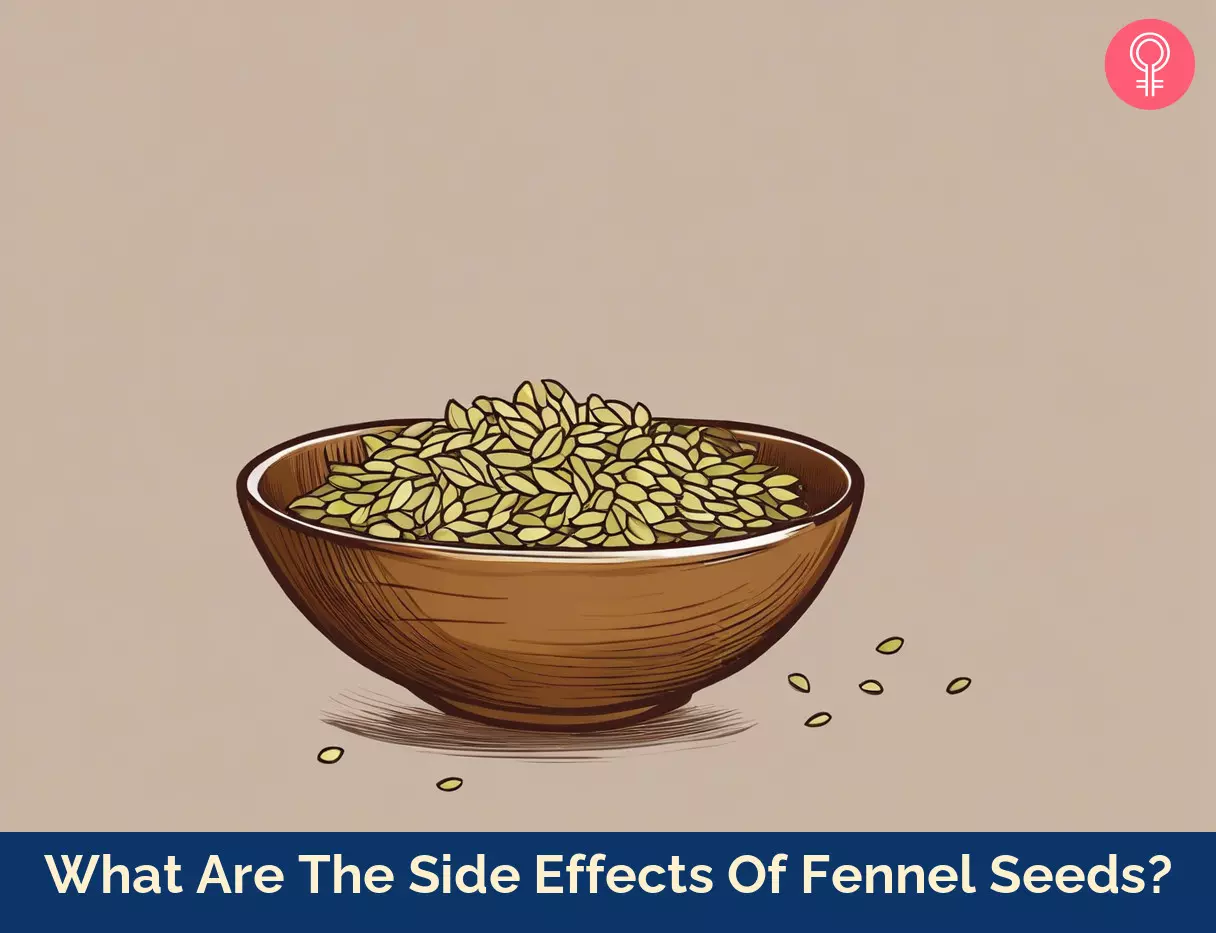
Image: Stable Diffusion/StyleCraze Design Team
Discover the hidden side effects of fennel. From digestive troubles to hormonal imbalances, this eye-opening video reveals the surprising downsides of this spice.
References
Articles on StyleCraze are backed by verified information from peer-reviewed and academic research papers, reputed organizations, research institutions, and medical associations to ensure accuracy and relevance. Read our editorial policy to learn more.
- Phytophotodermatitis Official Publication of The College of Family Physicians of Canada US National Library of Medicine National Institutes of Health.
https://www.ncbi.nlm.nih.gov/pmc/articles/PMC5729142/ - Phytophotodermatitis National Library of Medicine National Institutes of Health.
https://www.ncbi.nlm.nih.gov/pmc/articles/PMC3772689/ - Antimicrobial and P450 inhibitory properties of common functional foods Journal of Pharmacy and Pharmaceutical Sciences US National Library of Medicine National Institutes of Health.
https://pubmed.ncbi.nlm.nih.gov/24934554/ - Premature thelarche related to fennel tea consumption? Journal of Pediatric Endocrinology and Metabolism US National Library of Medicine National Institutes of Health.
https://pubmed.ncbi.nlm.nih.gov/24030028/ - PLANT DERMATITIS: ASIAN PERSPECTIVE Indian Journal of Dermatology US National Library of Medicine National Institutes of Health.
https://www.ncbi.nlm.nih.gov/pmc/articles/PMC3276901/ - Hypersensitivity to fennel is frequent in peach allergic patients and LTP is a major fennel allergen Clinical and Translational Allergy US National Library of Medicine National Institutes of Health.
https://www.ncbi.nlm.nih.gov/pmc/articles/PMC3354211/ - Fennel – an overview Advances in Food and Nutrition Research 2012
https://www.sciencedirect.com/topics/agricultural-and-biological-sciences/fennel - Inhibition on human liver cytochrome P450 3A4 by constituents of fennel (Foeniculum vulgare): identification and characterization of a mechanism-based inactivator US National Library of Medicine National Institutes of Health.
https://pubmed.ncbi.nlm.nih.gov/17988092/ - The Effects of Hydro-Alcoholic Extract of Fenugreek Seeds on the Lipid Profile and Oxidative Stress in Fructose-Fed Rats
https://www.jomes.org/journal/view.html?doi=10.7570/jomes19051 - Nephroprotective Effect of Fennel (Foeniculum vulgare) Seeds and Their Sprouts on CCl4-Induced Nephrotoxicity and Oxidative Stress in Rats
https://www.mdpi.com/2076-3921/12/2/325 - Effects of dietary fennel (Foeniculum vulgare Mill.) seed powder supplementation on growth performance nutrient digestibility small intestinal morphology and carcass traits of broilers
https://www.ncbi.nlm.nih.gov/pmc/articles/PMC7847707/ - The Effect of Foeniculum Vulgare (Fennel) on Body Composition in Postmenopausal Women with Excess Weight: A Double-blind Randomized Placebo-controlled Trial
https://www.ncbi.nlm.nih.gov/pmc/articles/PMC5770526/ - EVIDENCE ON THE CARCINOGENICITY OF ESTRAGOLE California Office of Environmental Health Hazard Assessment.
https://oehha.ca.gov/media/downloads/crnr/estragf.pdf - Fennel Drugs and Lactation Database US National Library of Medicine National Institutes of Health.
https://pubmed.ncbi.nlm.nih.gov/30000852// - KCNQ5 activation is a unifying molecular mechanism shared by genetically and culturally diverse botanical hypotensive folk medicines PNAS.
https://www.pnas.org/doi/full/10.1073/pnas.1907511116 - A Study of Hormonal Biochemical and Histological Effects of Fennel Seeds (Foeniculum vulgare)on Thyroid Gland Liver Kidneys and Testes in Male Rats ResearchGate
https://www.researchgate.net/publication/339433896_A_Study_of_Hormonal_Biochemical_and_Histological_Effects_of_Fennel_Seeds_Foeniculum_vulgareon_Thyroid_Gland_Liver_Kidneys_and_Testes_in_Male_Rats - The effect of Fennel seed powder on estradiol levels menopausal symptoms and sexual desire in postmenopausal women US National Library of Medicine
https://pubmed.ncbi.nlm.nih.gov/33110044/ - Foeniculum vulgare Mill: A Review of Its Botany Phytochemistry Pharmacology Contemporary Application and Toxicology BioMed Research International.
https://www.ncbi.nlm.nih.gov/pmc/articles/PMC4137549/
Read full bio of Yvonne O’ Halloran
Read full bio of Sindhu Koganti
Read full bio of Ravi Teja Tadimalla
Read full bio of Moksha Gandhi






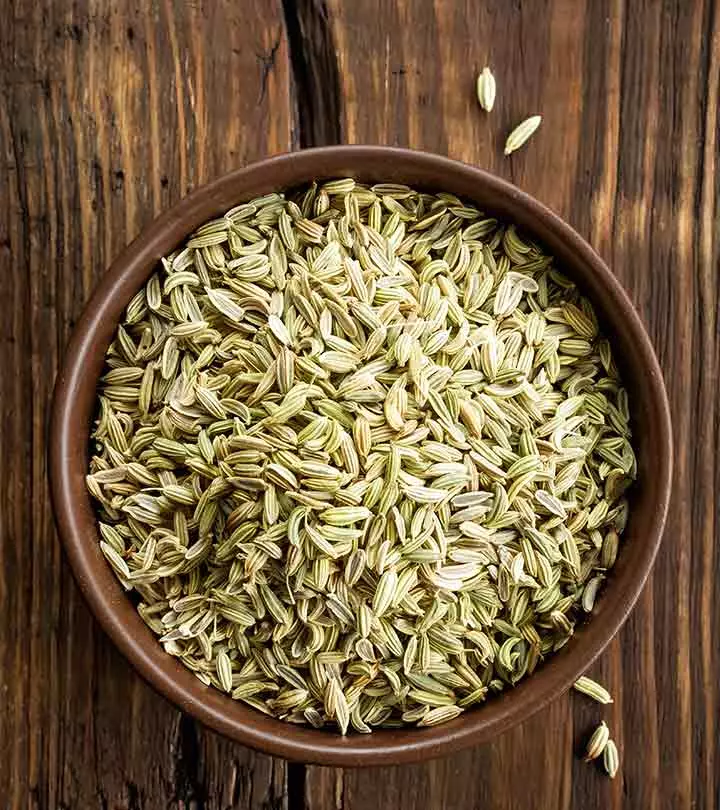
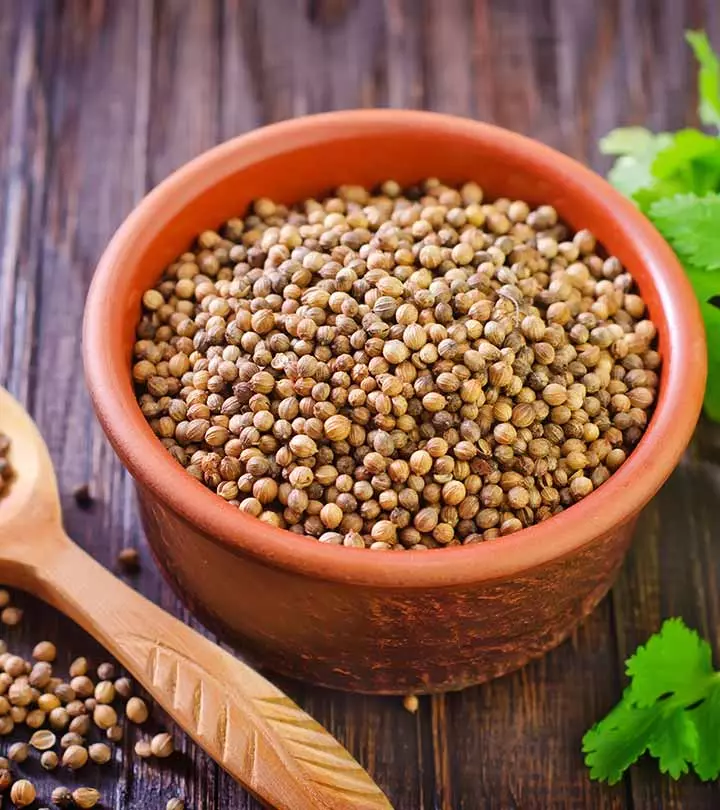
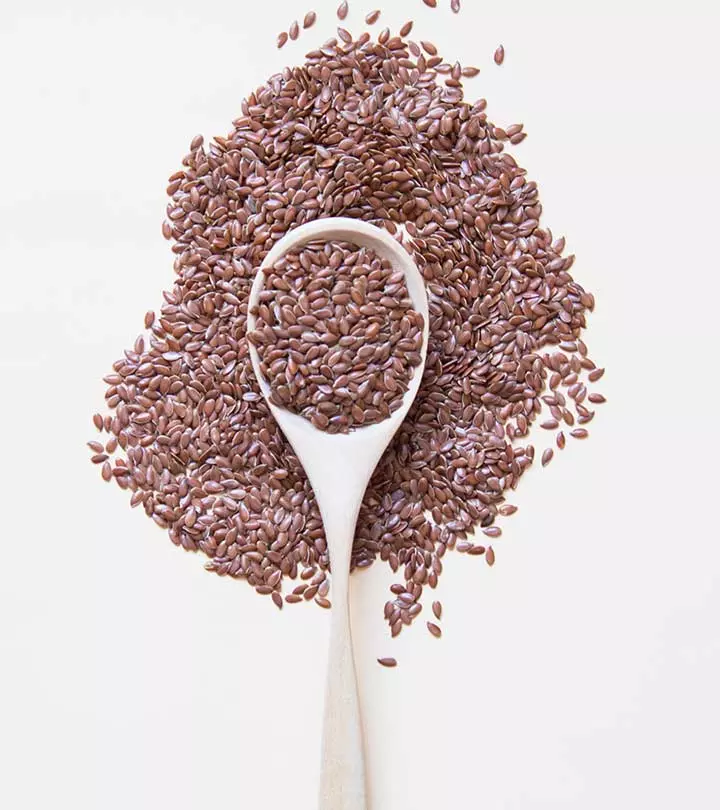
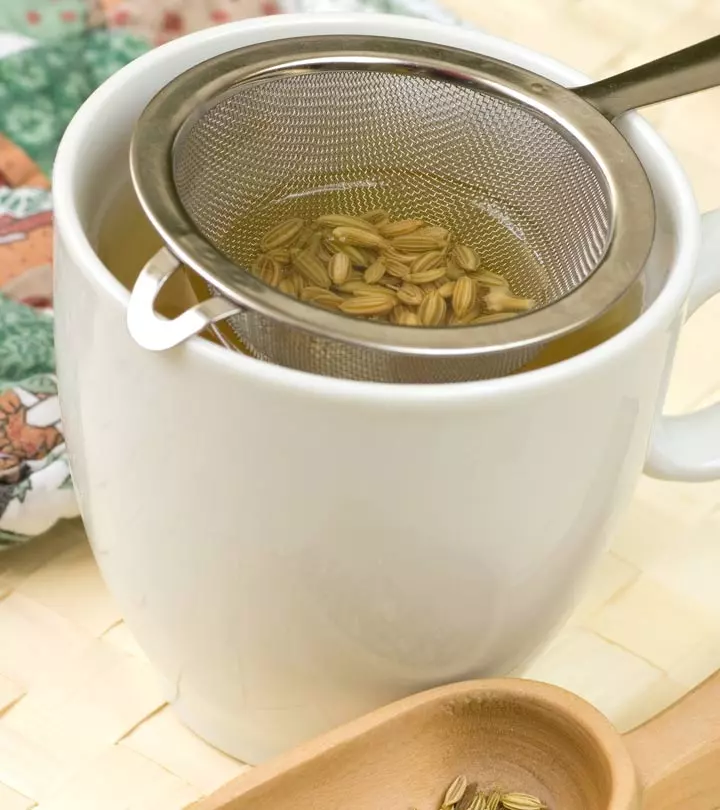
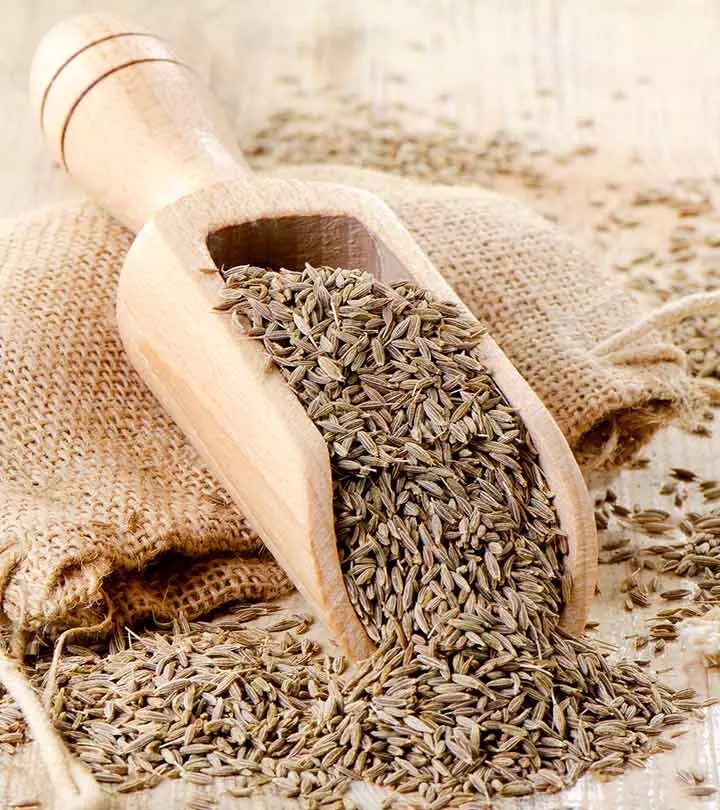
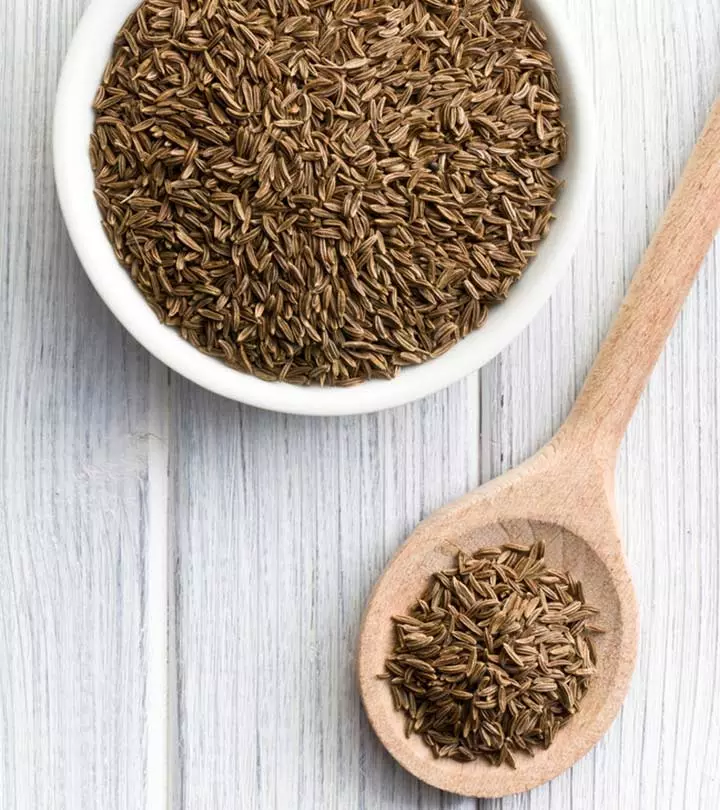
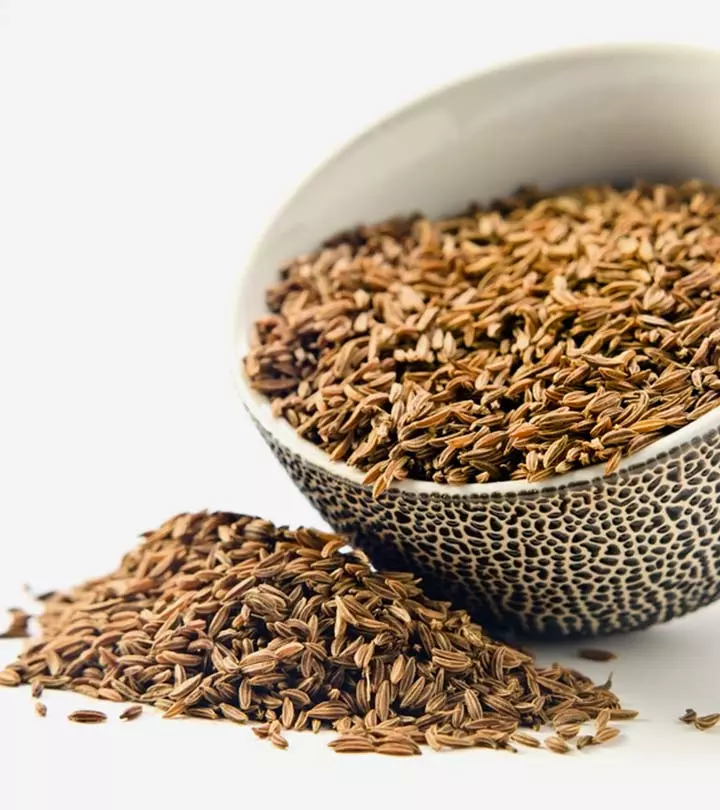
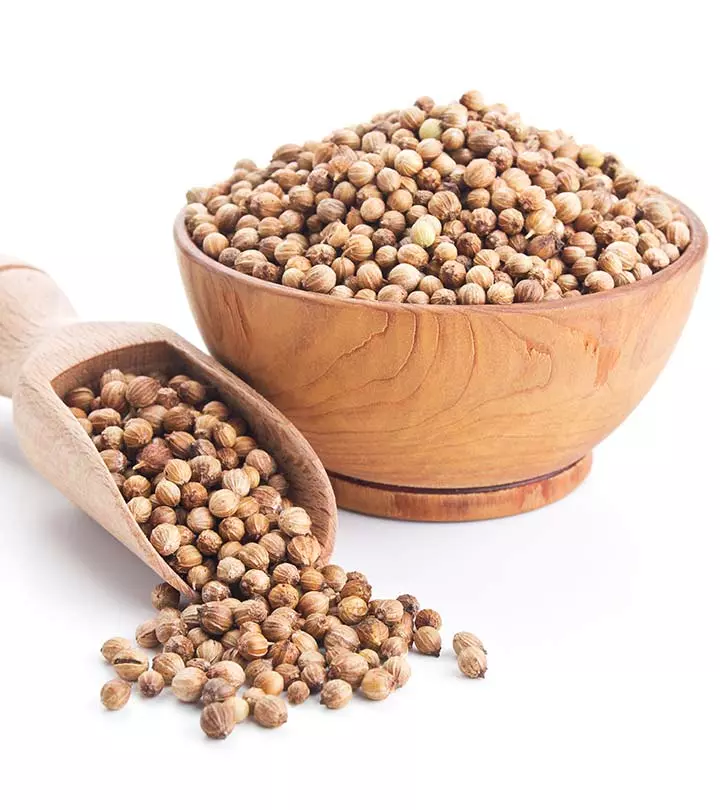




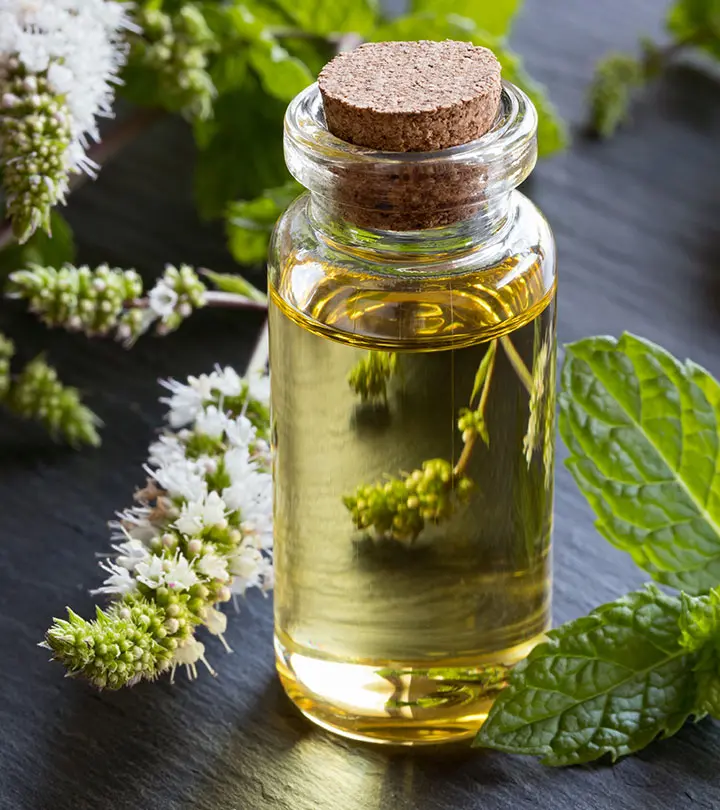
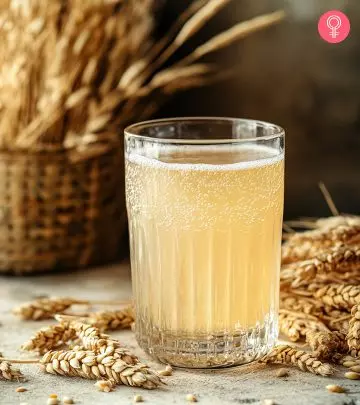
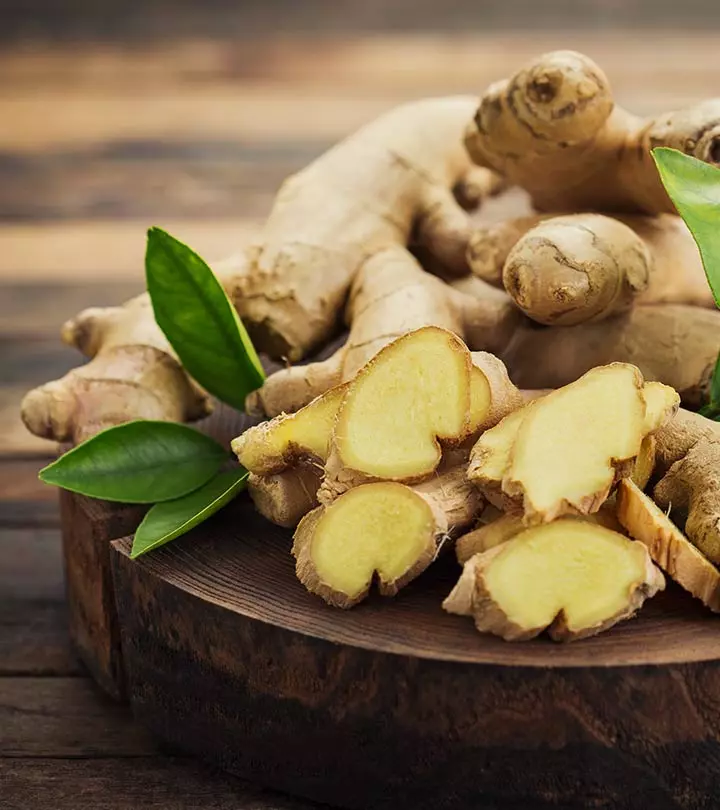
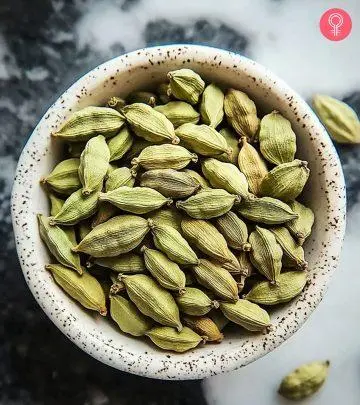
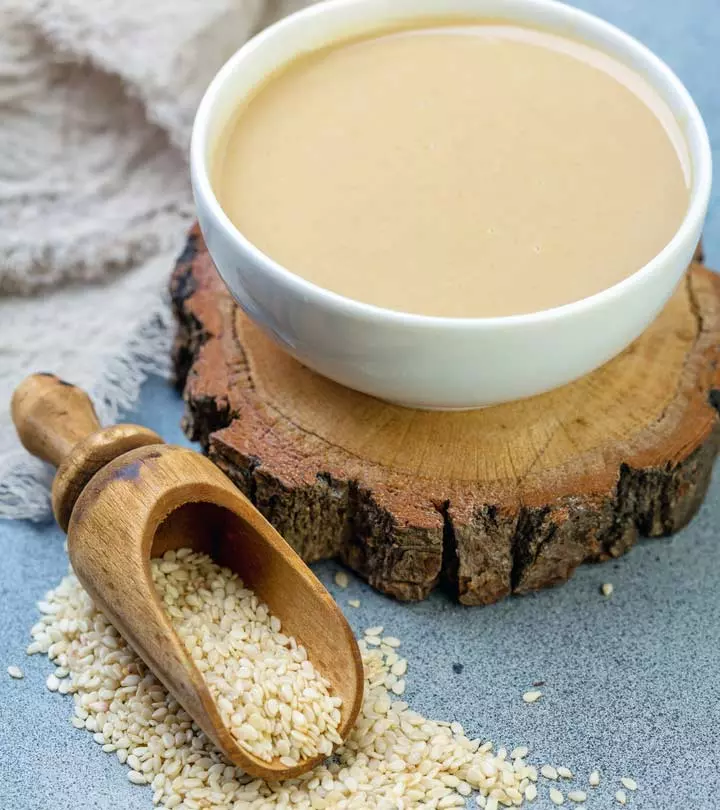
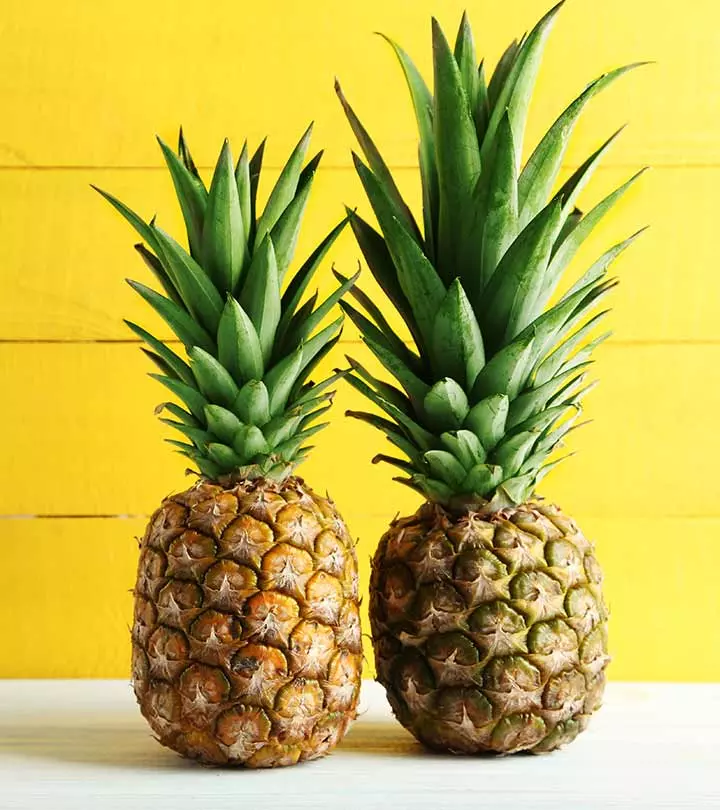
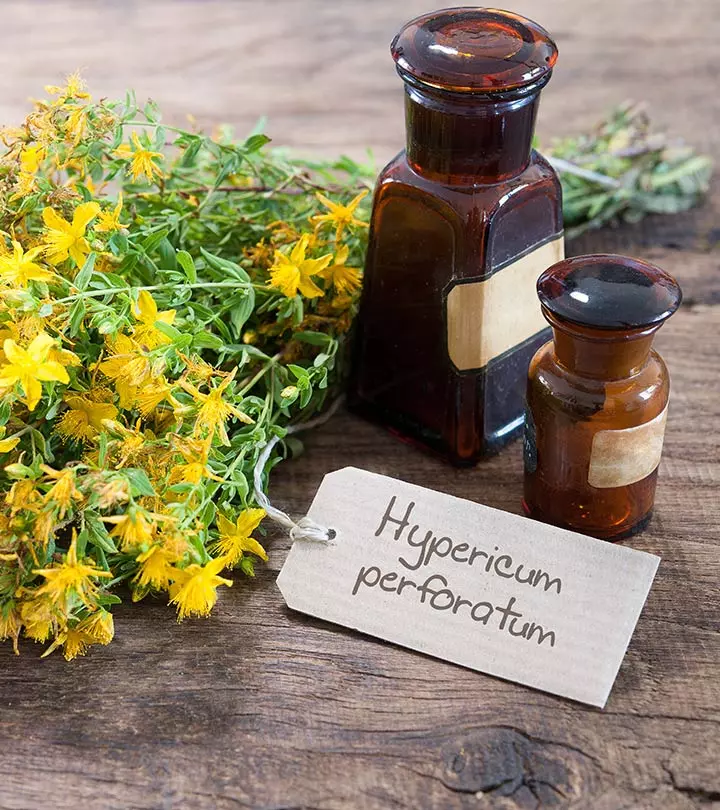
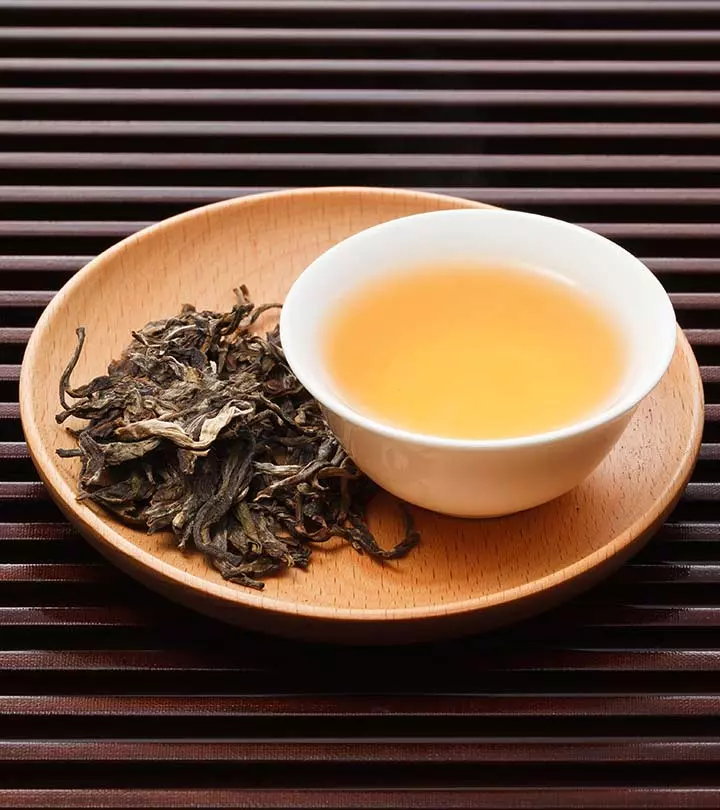
Community Experiences
Join the conversation and become a part of our empowering community! Share your stories, experiences, and insights to connect with other beauty, lifestyle, and health enthusiasts.